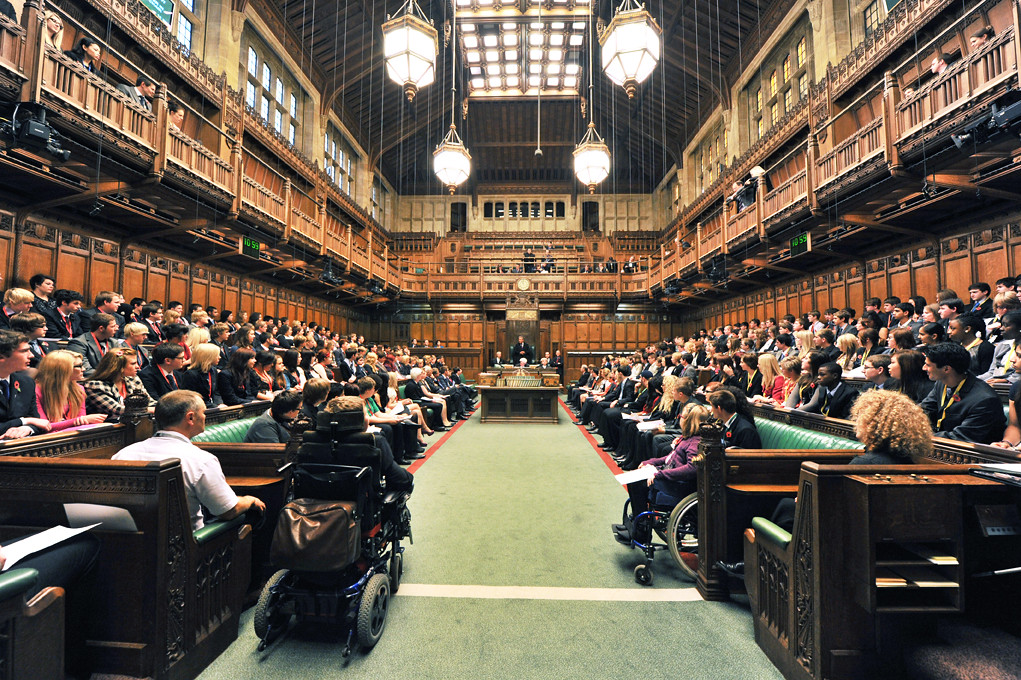Many educators turn to debates as a way to foster critical thinking in students. Perhaps they should think again, argues Camilla Royle
What do you think of when you hear the word “critical”? For many people, and this will probably include undergraduate students, critical thinking is associated with critique or criticising – telling someone else why they are wrong and you are right.
In recent years, there has been a great deal of discussion in the US and the UK around whether universities allow enough expression of contentious views and whether there is a free speech crisis on campus. The UK government’s Higher Education (Freedom of Speech) Bill will mandate universities to promote greater freedom of speech. Significantly, it introduces a (highly contested) legal route for academics, students, and others to claim compensation if they feel that they have been censored. According to the higher education minister who introduced the bill, Michelle Donelan, there is a small, intolerant “mob” at universities who pose a real threat to free speech and will use intimidation and even physical threats to prevent the airing of views they disagree with or find distressing.
80% of undergraduate students self-censor “at least some of the time.”
In a similar vein to Donelan’s comments, although from a more liberal perspective, a recent New York Times opinion piece by US student, Emma Camp, presents a dystopian picture of a university campus where students and staff with dissenting views meet in secret and talk in hushed tones for fear of being publicly ostracised. She cites survey data showing that some 80% of undergraduate students self-censor “at least some of the time” and 48% feel “somewhat uncomfortable” or “very uncomfortable” discussing controversial topics in the classroom. But these survey results are not evidence of a widespread attack on freedom of speech: nearly everyone self-censors some of the time and it is entirely natural that discussing a controversial topic with people they don’t know very well should make someone feel a little uncomfortable.
Debate stand-offs
What is interesting for the purposes of this discussion is that Camp talks about the need for more debates – and, indeed, is part of a student debating society. In this account, the free expression of ideas is treated as almost synonymous with an erudite back-and-forth exchange of opposing views.
Debate-me dudes periodically pop up on social media platforms and challenge their opponents to a debate.
The public interest in the apparent stifling of debate is also reflected in the rise of the so-called debate-me dude on social media. These men – they seem to be overwhelmingly white and male – periodically pop up on social media platforms and challenge their opponents to a debate. As Miles Klee points out, this puts the person receiving the request in an impossible position: refuse the debate and you will be accused of cowardice; accept and you will be drawn into a stand-off with the debate-me dude. This is someone who has no intention of changing their views and whose main interest is in demonstrating their superior abilities by winning a logical jousting match rather than convincing you of the correctness of their convictions. What happens on Twitter doesn’t necessary seep into the classroom. But the debate-me dude is, again, symptomatic of the way in which critical thought has become conflated with a particular type of formalised debate.

This takes place in a context in the UK where we have an oppositional parliamentary system and where political discourse increasingly involves formal televised public debates based on a model imported from the US. At the last UK general election, more than six million people watched the TV debate between Boris Johnson and Jeremy Corbyn. A YouGov poll suggested that no one really won this exchange – except perhaps ITV, the television channel that broadcast it.
The role of rhetoric
Donelan has asked: “who would you rather employ – an inquisitive, critical, open-minded graduate, or a self-contained cookie-cutter graduate who is afraid to be challenged or confront new ideas?” Even if the “woke mob” she describes is a convenient fiction, as educators we should be interested in encouraging students to be inquisitive and open-minded – and employers are demanding this. But would more debates help?
I ask this as someone who has sometimes reached for debates when looking for a fun and engaging way to discuss topical issues in class. Some of the first-year students I have taught have said that they enjoyed taking part in a debate and that being asked to argue for a particular position, which might not be their own personal view, was an interesting challenge. Stephen Llano argues that debate teaches critical thinking skills that students will use in their future careers. He suggests educators engage with student debating societies, which have advanced skills in this area they can demonstrate to your class students. Llano advises teachers to divide students randomly into two groups, without giving them the option of choosing which side they are on. The teacher provides a statement that can either be agreed or disagreed with, gives the students time to research their arguments and facilitates a debate with a fair allocation of speaking time for each group. This is more or less the approach I have taken myself.
They learn how to catch their opponent out and look good in the debate but without considering the content of what the other person is saying.
According to Jennifer Wilson Mulnix, critical thinking is a skill involving being open to alternative ideas and assessing whether a viewpoint is reasonable: does my opponent’s argument logically follow from their premises? So debate should be an appropriate activity to help students practice these skills. But would this mean that students are only developing the methods of a “debate-me dude”? In other words, they learn how to catch their opponent out and look good in the debate but without considering the content of what the other person is saying in much depth. Llano would surely disagree. He defends his support for debating by adopting an interesting constructivist approach to rhetoric. Rhetoric is part of a process of making meaning. It enables people, both those making an argument and those listening, to consider what it would take to believe a statement on an issue where we know there is uncertainty. This clearly contrasts with one popular definition of rhetoric where “rhetorical statements” are those that are empty of meaning.
Beyond debate
However, when discussing different definitions of critical thinking as part of a class with other teaching staff, what struck me most was that none of them had much to do with critiquing another person’s viewpoint. All definitions of critical thinking, whether from Socrates or bell hooks, referred to a thinker examining their own viewpoint. Furthermore, as Llano recognises, using debate can reinforce liberal values of seeing both sides and of setting aside one’s own views for the good of the populace, but these values are not universal. Activities where students assess their own ideas also have a part to play. For example, one course in my department asked first-year students to write a short reflection on the topic of sustainable development at the start and end of the term and to address what they had learnt. I thought this worked well. We could see evidence of students adopting a more nuanced perspective. In some cases, young people who thought of themselves as well-informed and environmentally conscious could be seen grappling with how much they don’t yet know about this topic.
I still think that debate can play a role in teaching, but we should avoid turning graduates into a generation of “debate-me” people.
Note: A version of this post first appeared on 15 May, 2022 on the Contemporary Issues in Teaching and Learning Blog, part of the PGCertHE programme at the LSE.
____________________________________________________________________________________________
This post is opinion-based and does not reflect the views of the London School of Economics and Political Science or any of its constituent departments and divisions.
____________________________________________________________________________________________
Main image: Dmitry Vechorko/Unsplash




